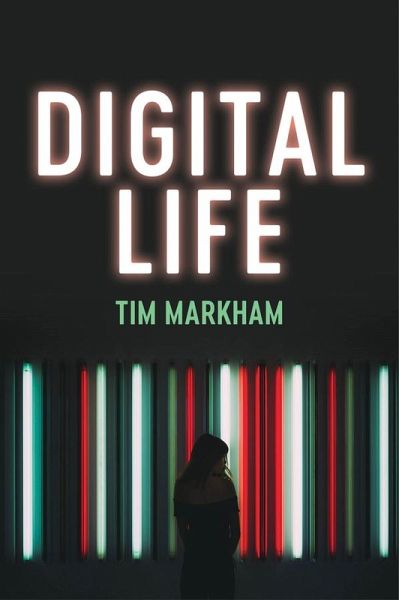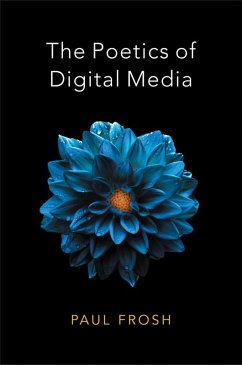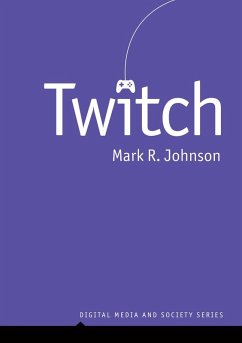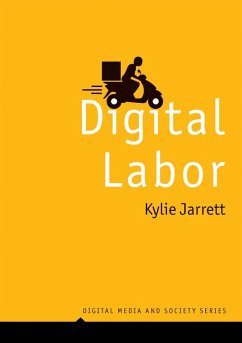
Digital Life (eBook, ePUB)

PAYBACK Punkte
0 °P sammeln!
Conventional wisdom suggests that the pervasiveness of digital media into our everyday lives is undermining cherished notions of politics and ethics. Is this concern unfounded? In this daring new book, Tim Markham argues that what it means to live ethically and politically is realized through, not in spite of, the everyday experience of digital life. Drawing on a wide range of philosophers from Hegel and Heidegger to Levinas and Butler, he investigates what is really at stake amid the constant distractions of our media-saturated world, the way we present ourselves to that world through social ...
Conventional wisdom suggests that the pervasiveness of digital media into our everyday lives is undermining cherished notions of politics and ethics. Is this concern unfounded? In this daring new book, Tim Markham argues that what it means to live ethically and politically is realized through, not in spite of, the everyday experience of digital life. Drawing on a wide range of philosophers from Hegel and Heidegger to Levinas and Butler, he investigates what is really at stake amid the constant distractions of our media-saturated world, the way we present ourselves to that world through social media, and the relentless march of data into every aspect of our lives. A provocation to think differently about digital media and what it is doing to us, Digital Life offers timely insights into distraction and compassion fatigue, privacy and surveillance, identity and solidarity. It is essential reading for scholars and advanced students of media and communication.
Dieser Download kann aus rechtlichen Gründen nur mit Rechnungsadresse in D ausgeliefert werden.













